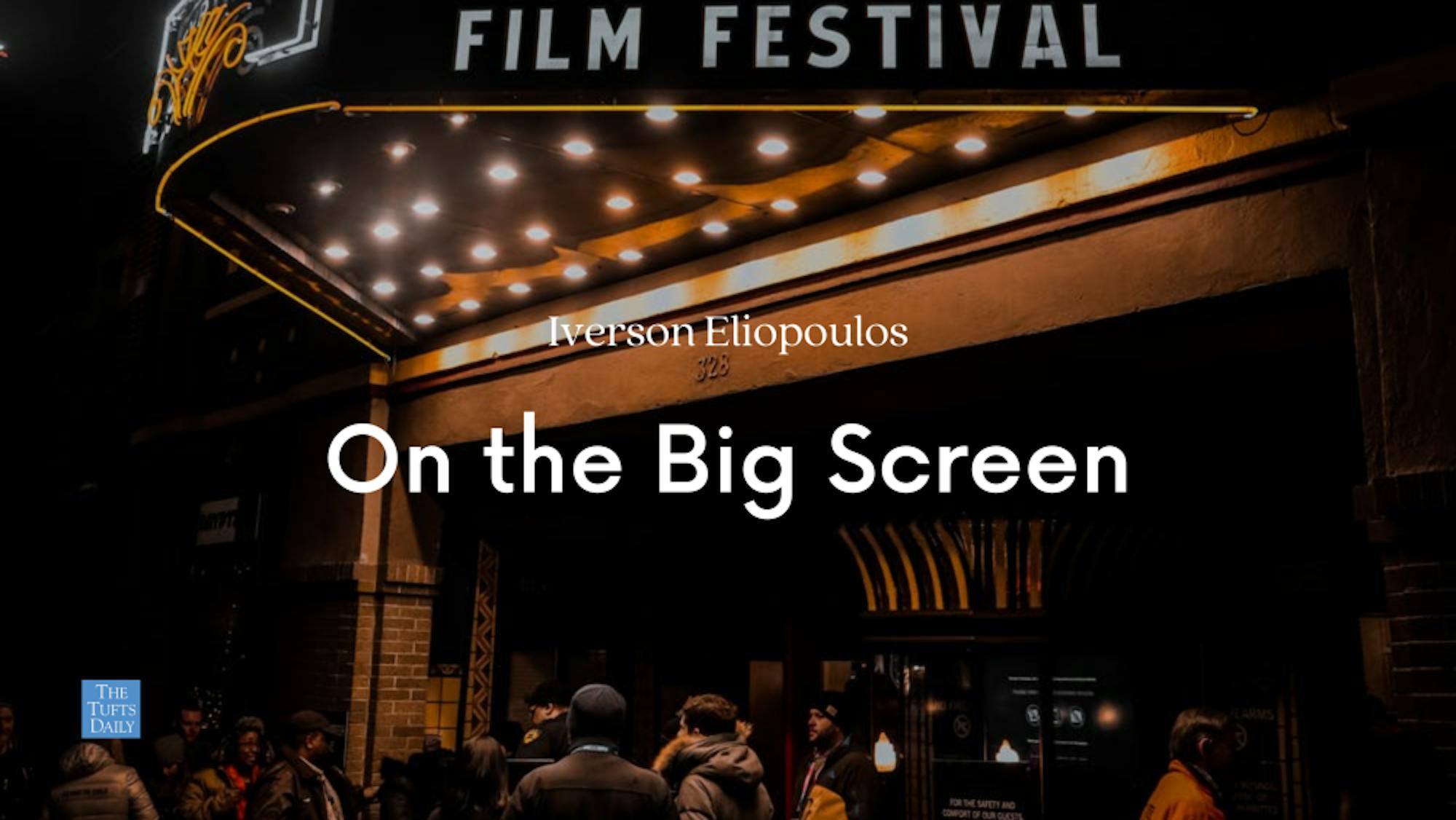“The 40-Year-Old Version” (2020), released in early October, is written, directed and produced by Radha Blank. Blank, who has previously worked as a television writer, plays herself as a struggling playwright in New York City. The film sells itself as a story about a woman who turns to making rap music when her writing career seems stuck, but it is so much more. Blank’sscreenplay is an intricate and personal portrait of what it means to be an artist, life in New York City and the issues that come with gentrification.
Throughout the movie, Radha is constantly being told what she should do, how she should write and what decisions she should make. She’s talked down to, disparaged and insulted. Her own play about Harlem is mangled, and in a way gentrified, by white producers who are misguided in their assumptions about the experience of being Black in America. Radha struggles with grasping that the industry expects her to produce “poverty porn,” a phrase Radha uses frequently in the film. The film is embedded with subtle microaggressions from white people who think they have the best intentions.
Blank herself is easily the best part of the film. Her acting is so effortless and genuine that she doesn’t appear to be acting at all. Her writing is natural and fluid, not to mention laugh-out-loud funny. Her artistic decisions are wonderful as well. In an echo of Spike Lee, the film is often supplemented by old photos or clips of film that take place outside the plot, all in a different aspect ratio. Blank also pays clear homage to Woody Allenand Martin Scorsese with her touching portrayal ofNew York City itself as a character.It’s clear why she won the U.S. Dramatic Competition Direction Award at Sundance this year.
Cinematographer Eric Branco made the amazing choice to shoot the movie on black-and-white 35mm film, but it is by no means a visually dark aesthetic. Brilliant sun and radiant light capture New York City in all of its beauty, from the inside of the subways to the elite cocktail parties.
In one of the more poignant scenes of the film, Radha speaks to her brother about their deceased mother, who was a painter. She expresses regret that her mother’s life’s work will just end up in storage. He responds that their mother was bigger than her art, that she lived life to the fullest. And that’s what this movie is truly about. Radha wades her way through the struggles of obscurity, only to be faced with the fear of selling out. And it’s only when she really does sell out that she finds the courage to be who she wants to be again.
Radha does end up making some rap music in the film, but rap is really just one way that she learns to express herself.What end up being more meaningful are her relationships with her brother, with her best friend, with her deceased mother and, my personal favorite, with her drama students. Blank’s movie is a love letter to her city, to the people that keep her going and to the art life that she embraces. “The 40-Year-Old Version”is easily one of the best films of 2020.






